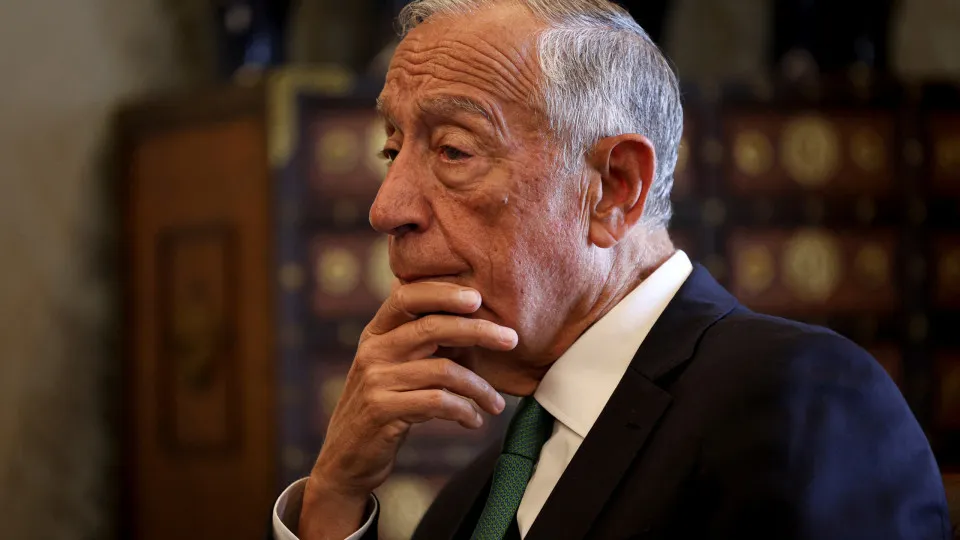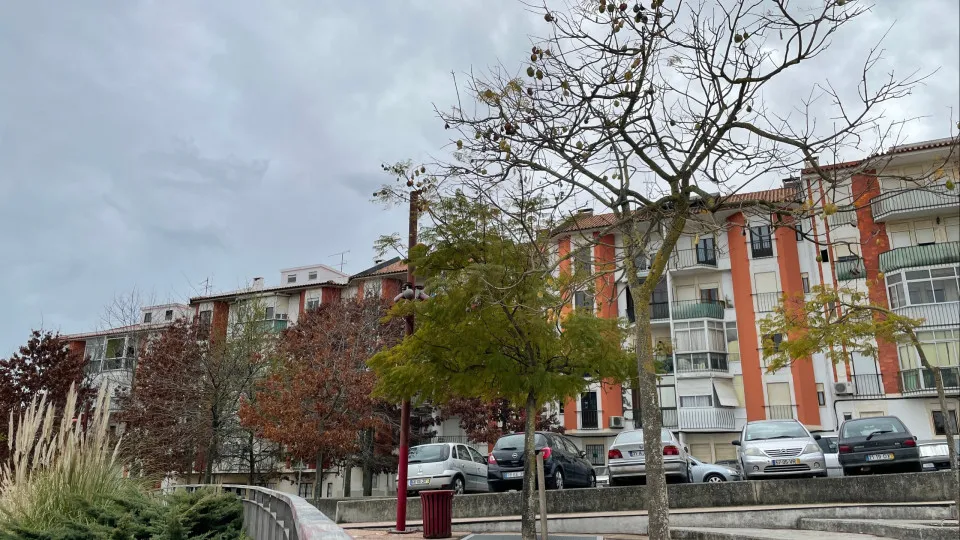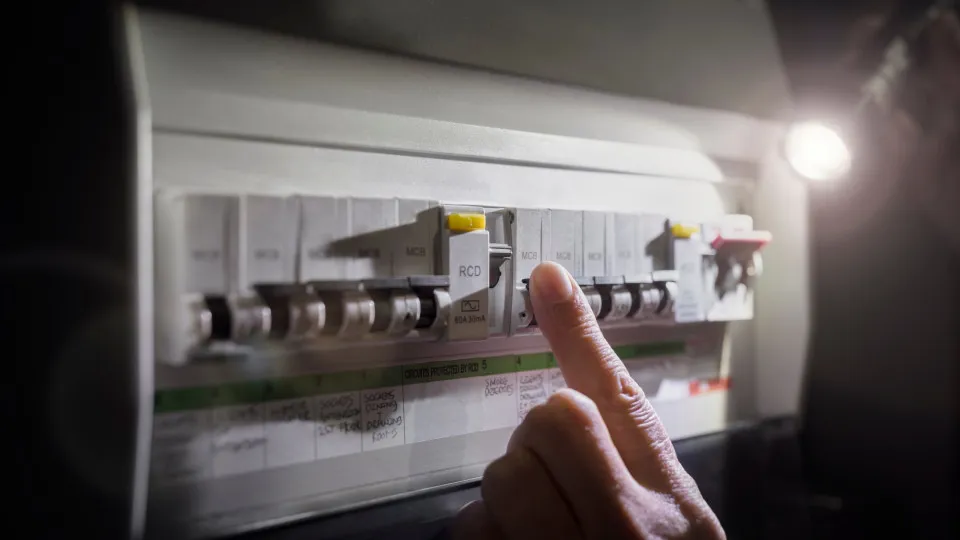
The announcement of a new factory in Nhamayabue, Dondo district, in the central region of the country, was made by President Daniel Chapo during the launch of the 2025/2026 Agricultural Production Campaign in that province: “With this factory, Sofala not only produces but also processes and exports, generating jobs, income, and added value for the country.”
The factory, inaugurated late today, represents an investment of just over $30 million (25 million euros) from a Singaporean company and is expected to employ 1,000 workers, 95% of whom will be local labor, with an annual production of 20,000 tons.
“With this factory, the seed from our fields generates wealth within our borders. What used to be raw material now returns to the world as a processed ‘Made in Mozambique’ product, with certified quality and national pride,” said the President, noting that the new factory is not only a source of wealth and development but also a step towards Mozambique’s economic independence.
“With this factory, more than 35,000 small producers — many from family farming — now have a secure, predictable, and fair market for their sesame, becoming active parts of a modern, technological, and globally-oriented productive value chain. Thus, we are strengthening the productive integration between family agriculture, the private sector, and producer cooperatives,” stated the Mozambican President.
Chapo remarked that the inauguration of this industrial unit marks a qualitative leap in Mozambique’s agricultural sector, transitioning from production to processing, and from fields to exports.
“Sesame is one of our most promising crops today. Mozambique is among the top eight producers globally and part of the Top 10. Therefore, I want to invite young Mozambicans seeking work to join us. We have mentioned that we will work. This factory still lacks sufficient raw material. The owners are currently requesting the availability of land, around 26,000 hectares,” Chapo noted.
He voiced the goal of engaging more youth to cultivate their fields but noted, “even that will not be enough.”
“They will still need to purchase sesame to process at this factory. So, young Mozambicans, from Rovuma to Maputo, Mozambican women, and men, are invited to produce sesame because it’s already purchased at this factory to make money (…) This crop supports more than 350,000 small farmers, especially in the provinces of Cabo Delgado, Nampula, Zambézia, Tete, and Sofala, directly contributing to food security and the increase of agricultural exports in the country,” he said.
Nationally, sesame production currently stands at around 200,000 tons per year, with Sofala contributing 25% of this total, highlighting the districts of Dondo, Caia, Chemba, Maríngue, Nhamatanda, and Gorongosa, acknowledged the President.
“This factory is a recognition of the efforts of our producers — men and women — who work with their hands, with their hearts, and with hope in our Mozambique. Their sweat is now transformed into economic value. The greatest value of this project is not in the machines but in the Mozambican lives it transforms and will continue to transform,” declared the President.




